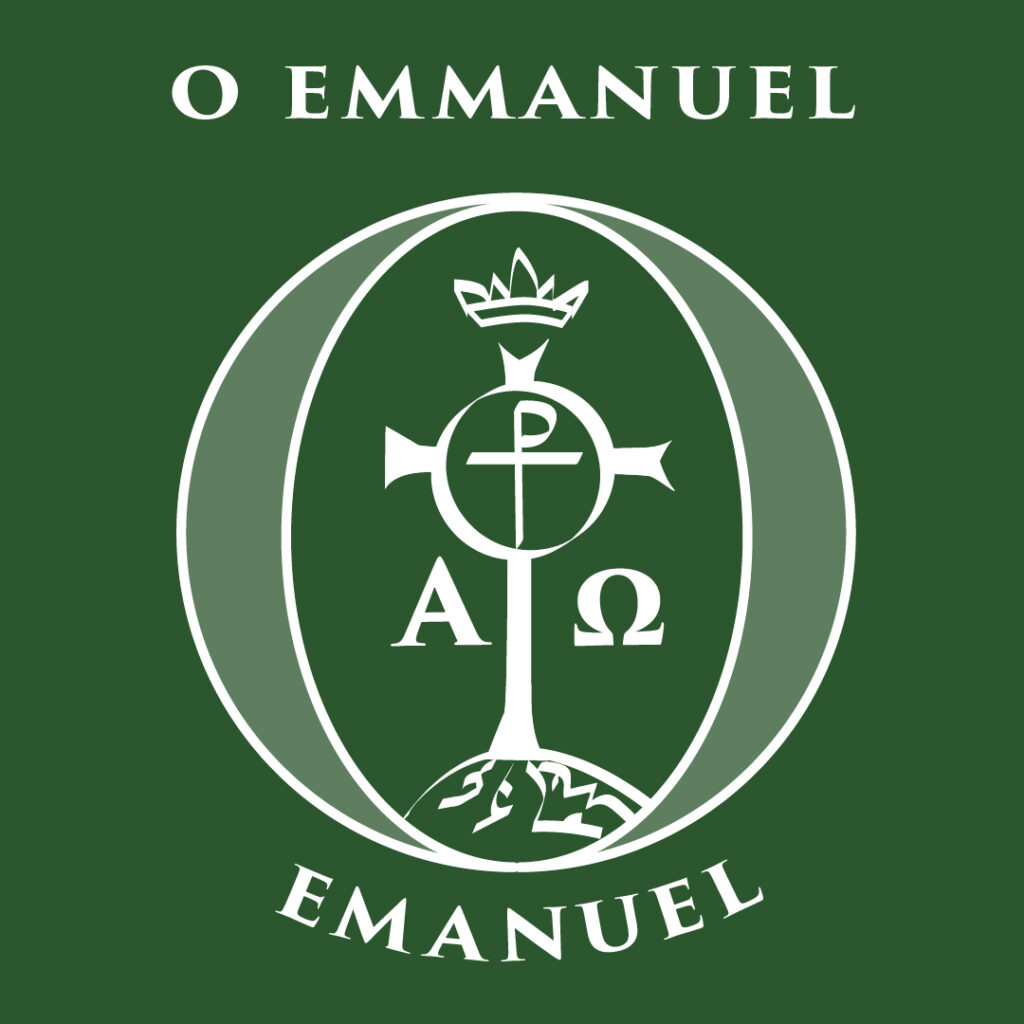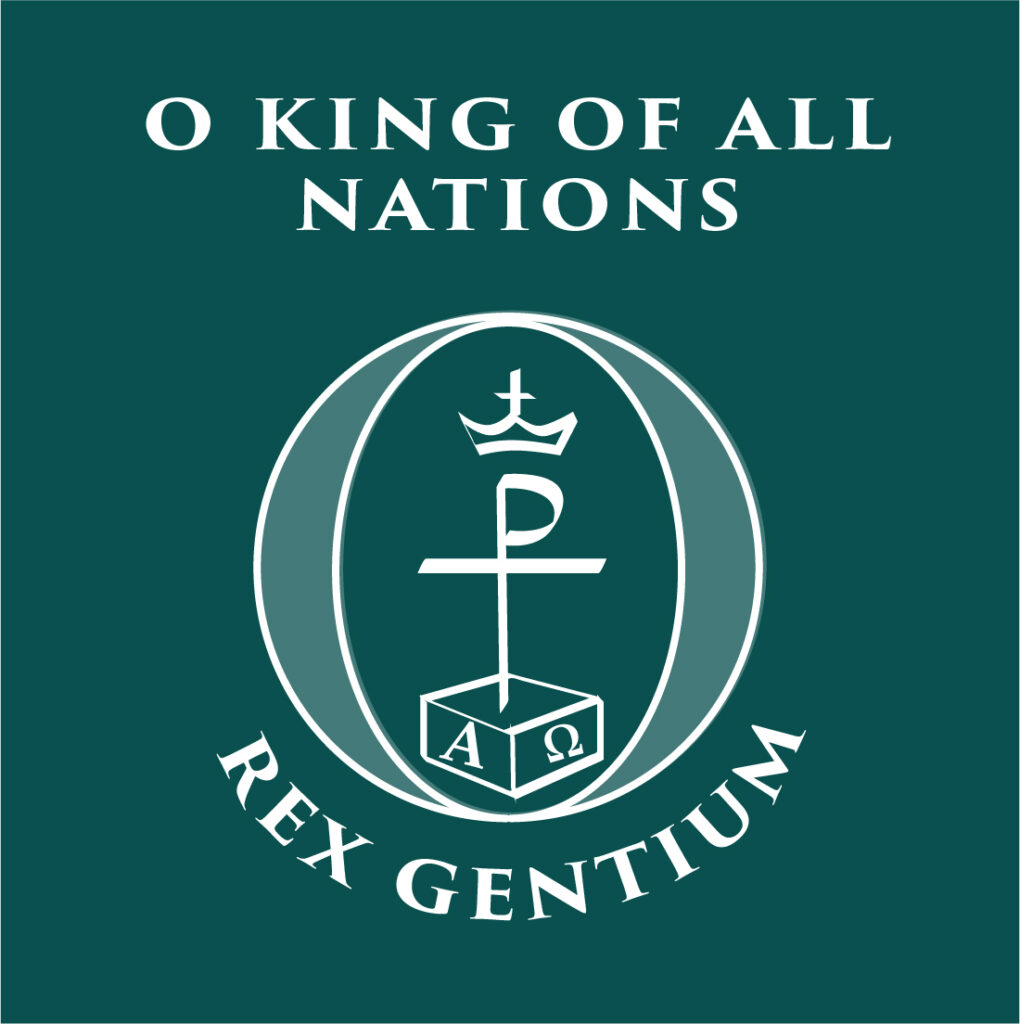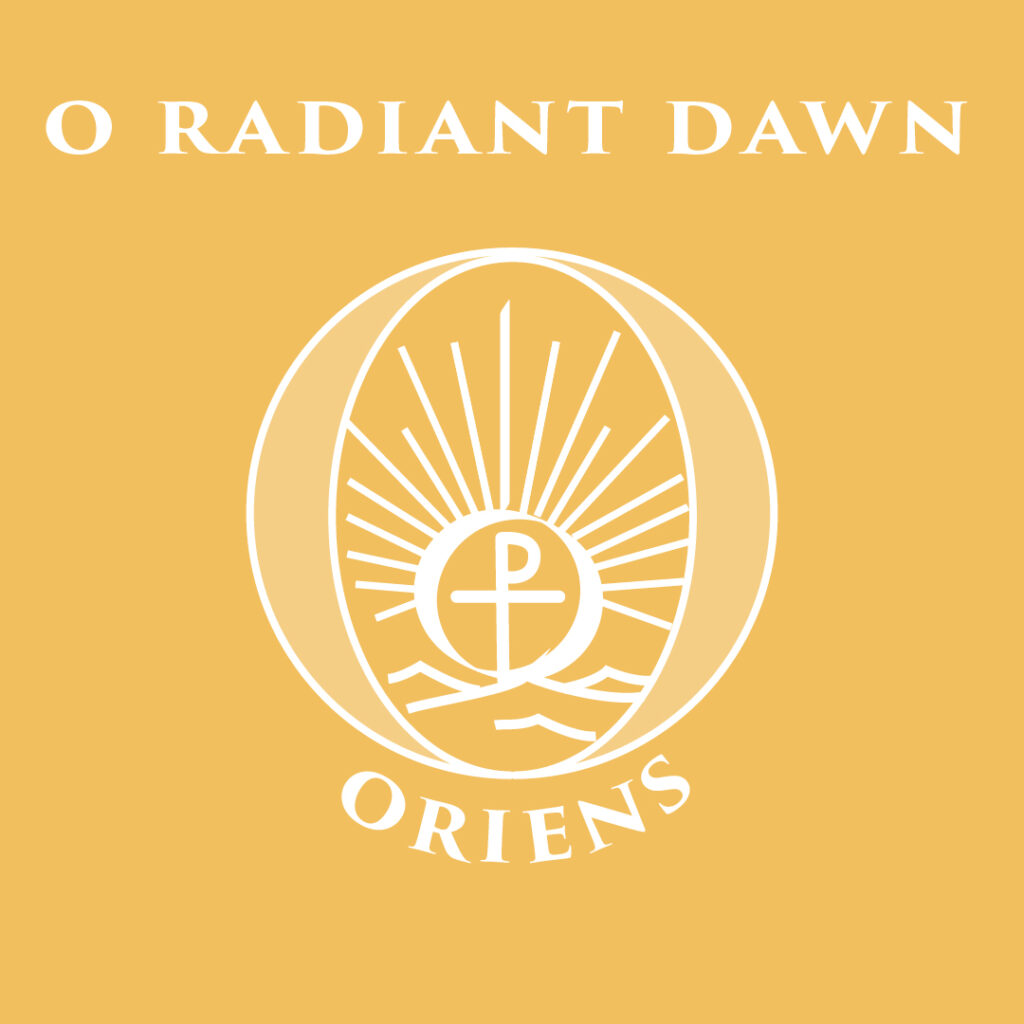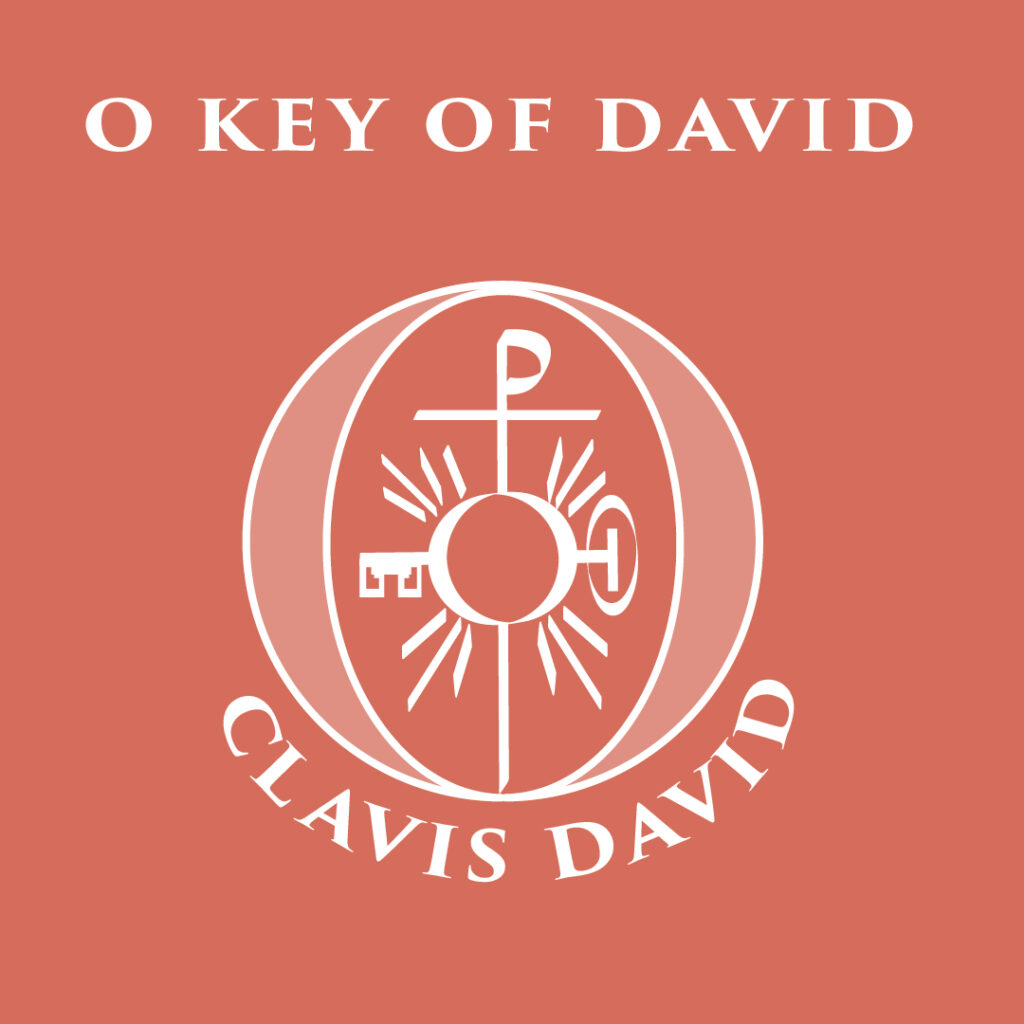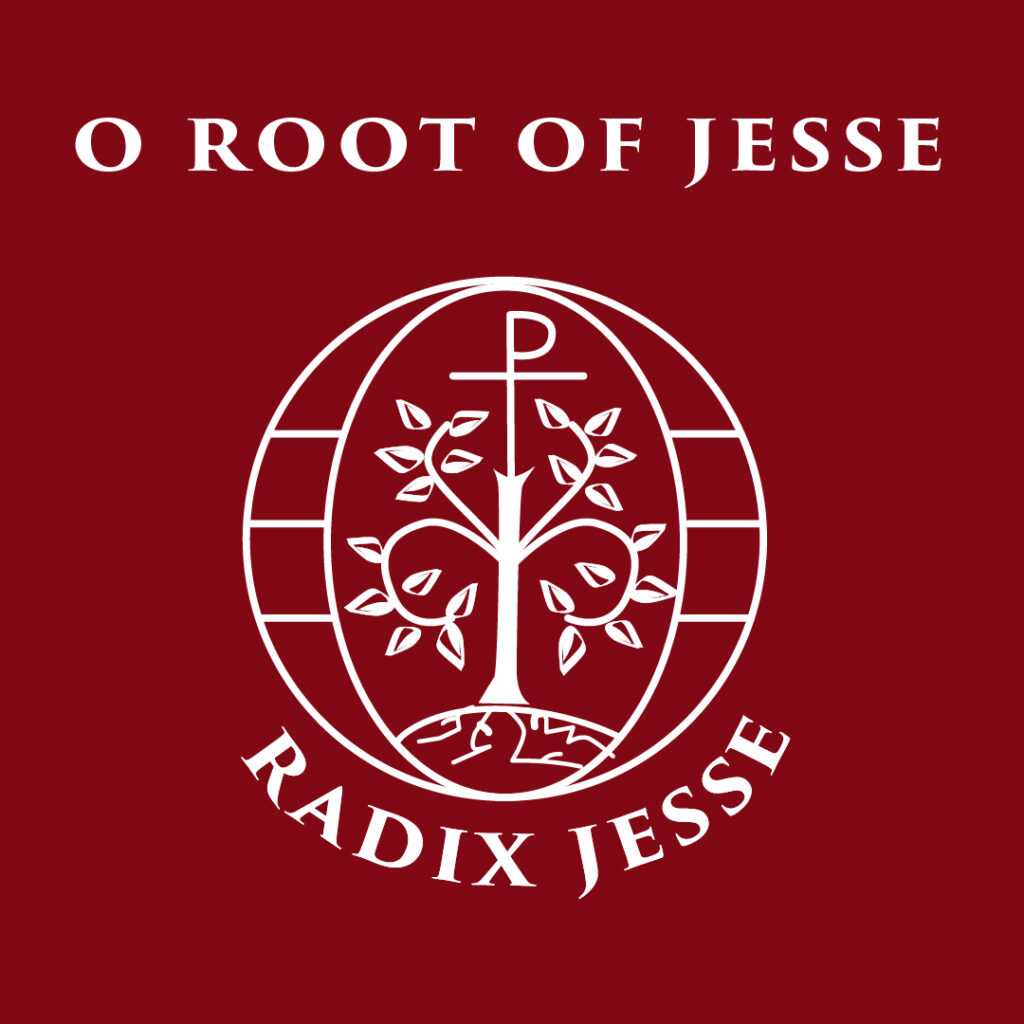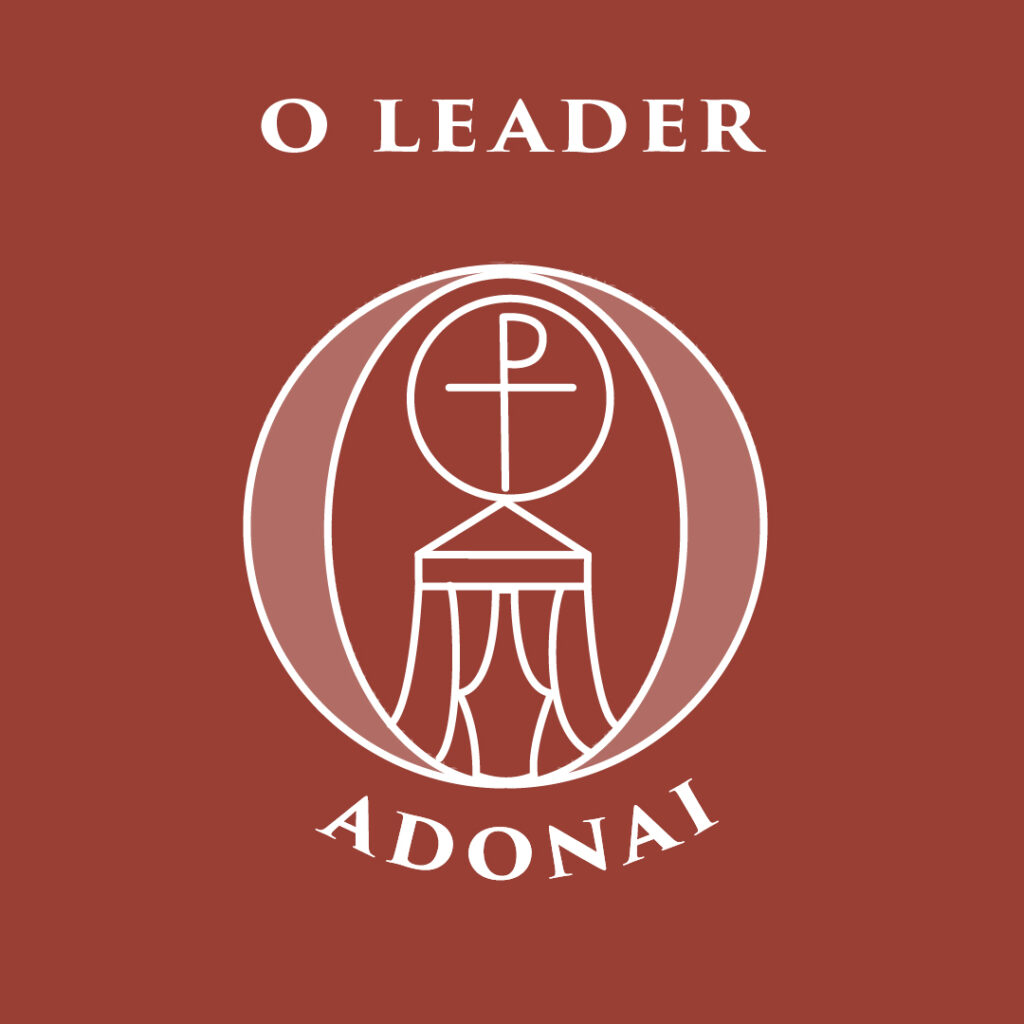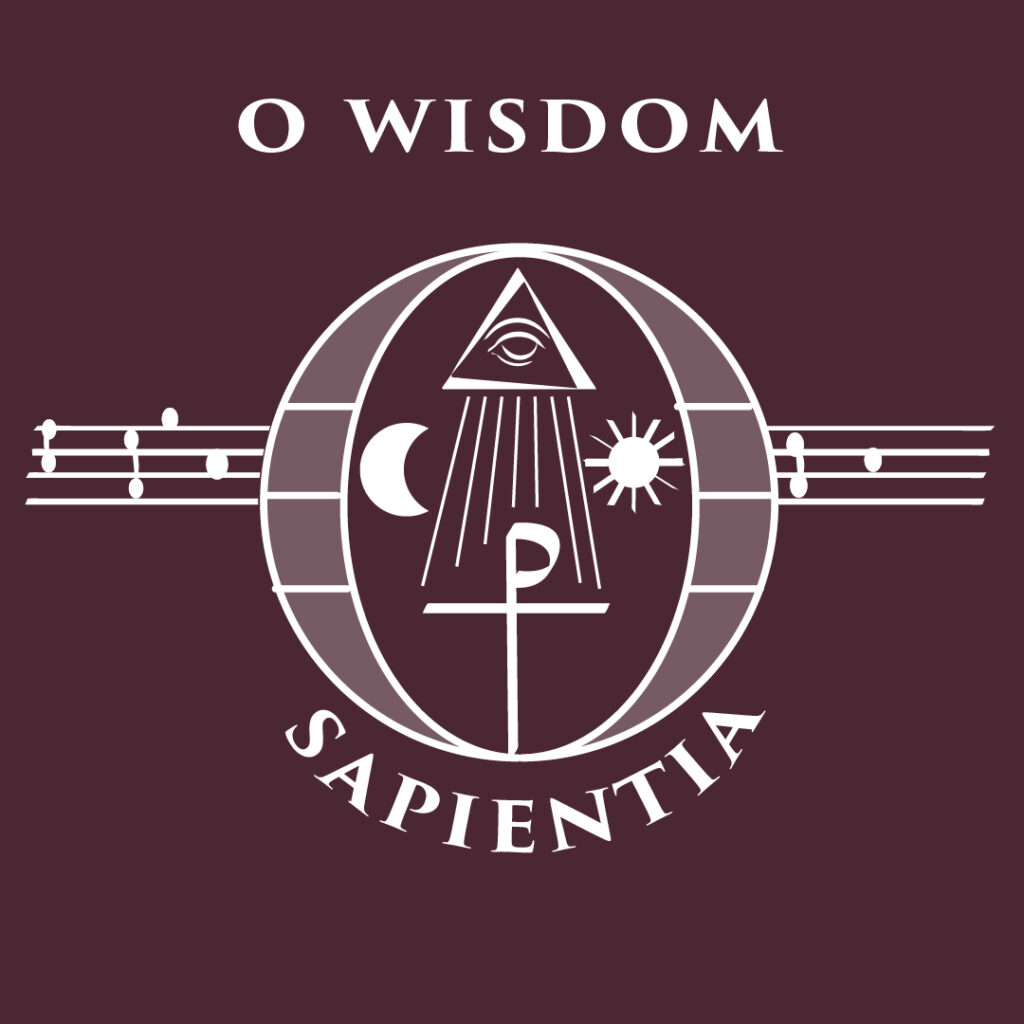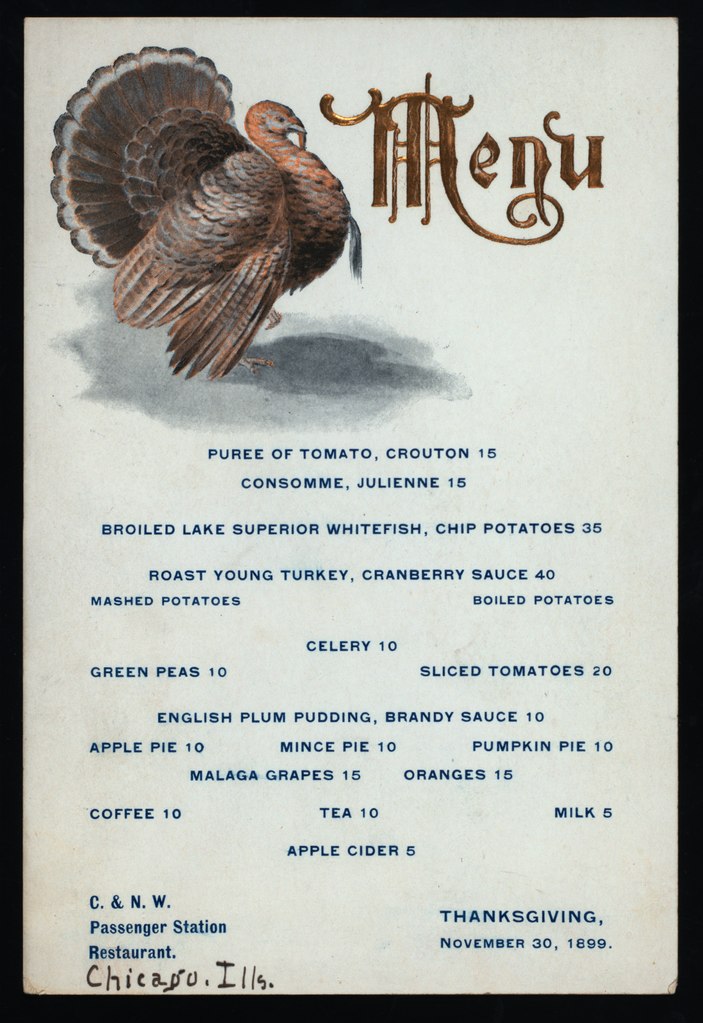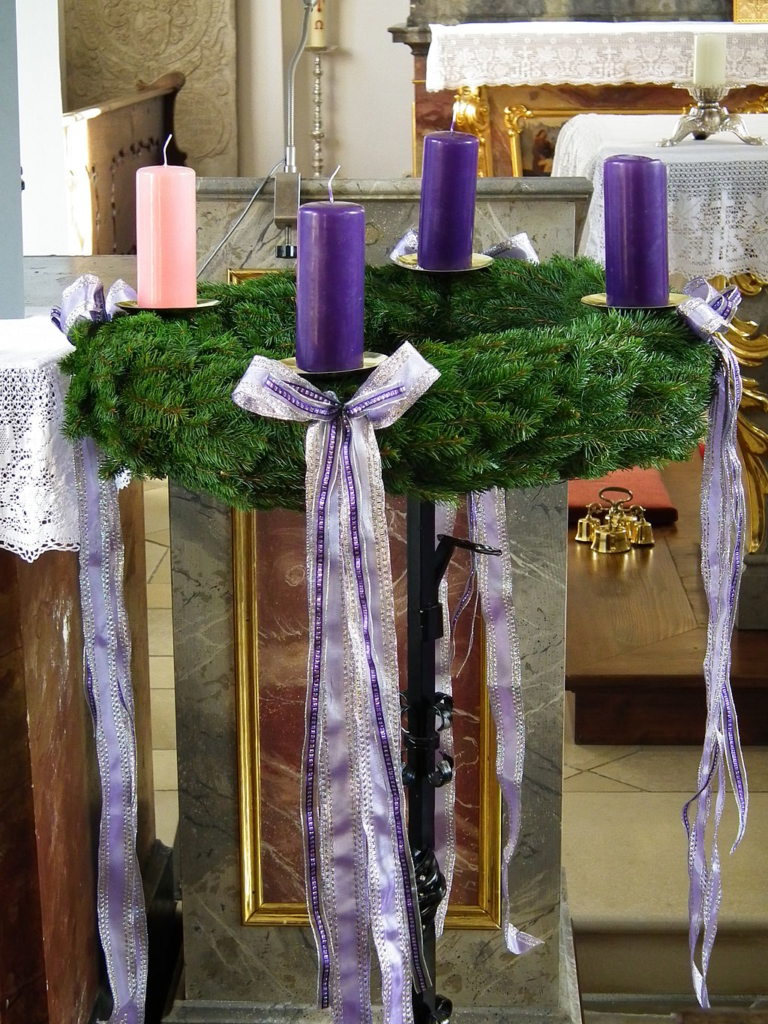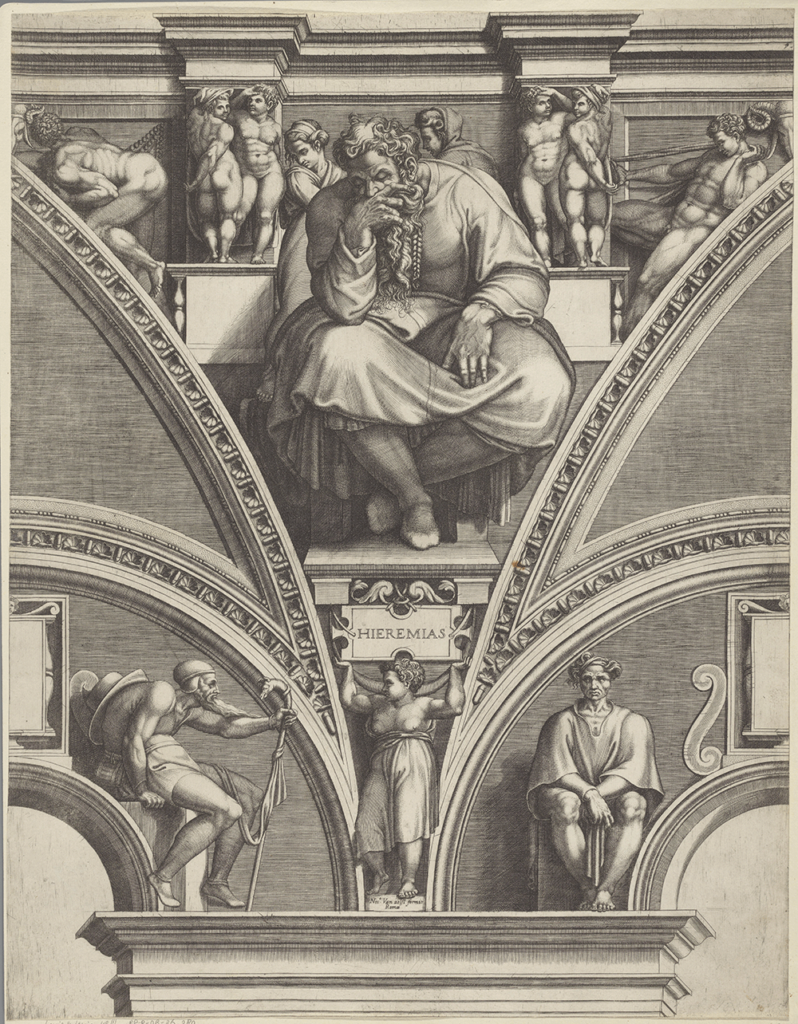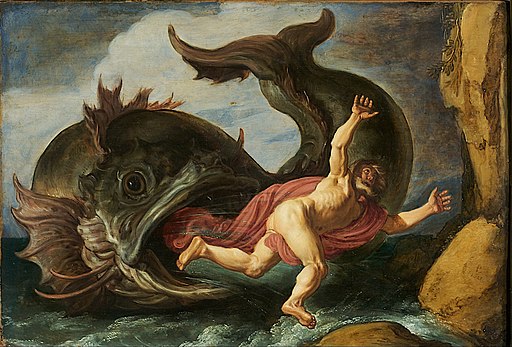Every year, there is a question that sends a shiver down the spines of parents, teachers, priests, and any grown-up who encounters it: ‘is Santa real?’. This simple question seems fraught with danger. Fears of being complicit in the commercialism that has seeped into the Nativity of Christ, of emphasizing a myth over the Word incarnate, of advocating a lie in the midst of a season dedicated to the One who is the source of all truth – all of this, and more, weighs on the adult to whom an innocent child looks up and presents this simple inquiry.
It is by strange coincidence – I daresay providentially so – that the most famous answer to this question comes from Church – not Holy Mother Church, but a man named Francis Pharcellus Church. It is he who is the author of the now famous response published in the New York Sun in 1897, titled simply ‘Yes Virginia, there is a Santa Claus’ (I’ve included it in its entirety below). In five brief paragraphs, he answers this question so well that his response has become perhaps the most famous editorial of all time, and deservedly so.
I don’t know if Francis Church was inspired by the Church Herself, but he echoes – consciously or not – the language of the likes of Tolkien in his On Fairy-Stories, Lewis in his dedication to to The Lion, the Witch and the Wardrobe, and even Thomas Aquinas, who famously reminds us that “Faith has to do with things that are not seen, and hope with things that are not in hand”, reminiscent of the similar words found in the Letter to the Hebrews.
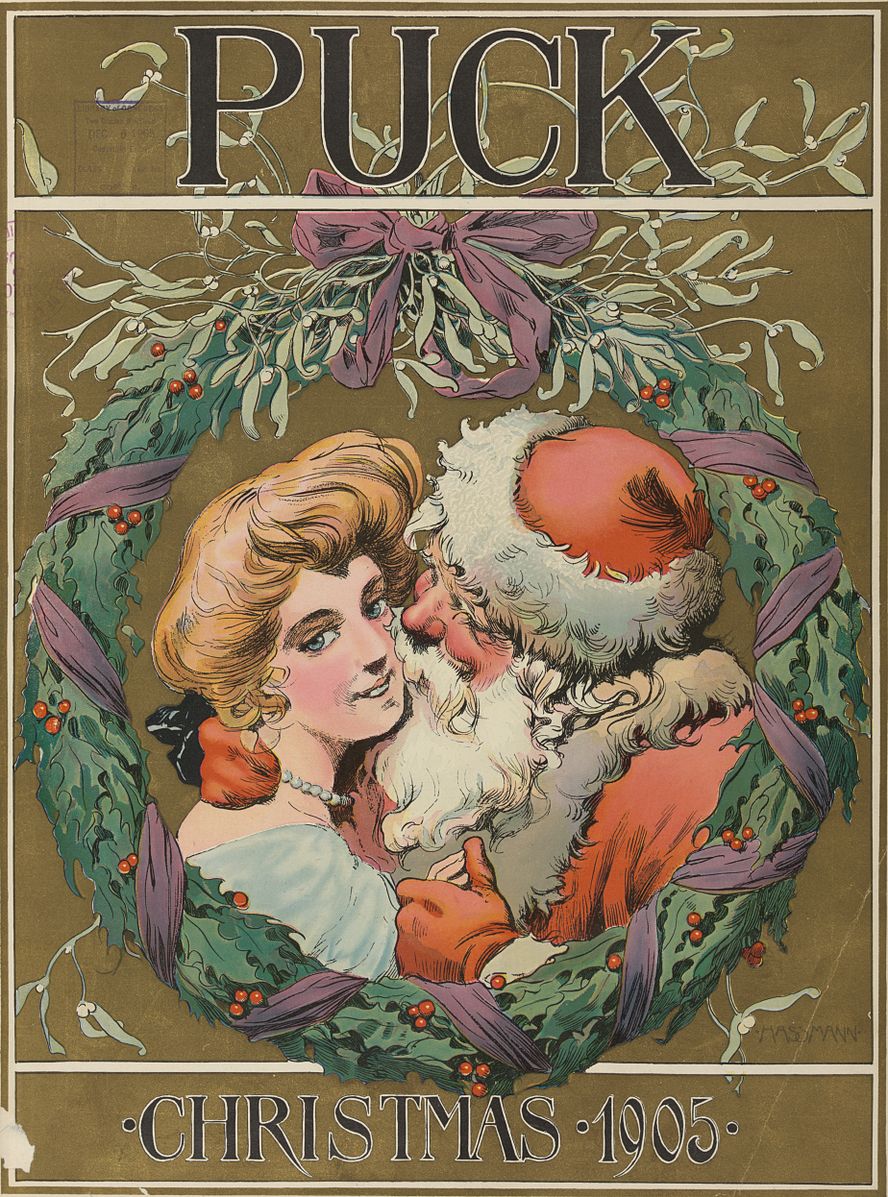
If the title didn’t give it away, you’ve probably guessed by now how I answer this question – that I, too, do believe in Santa Claus. Oh, my image of him is not the one of popular culture, though the history of how Saint Nicholas came to be associated with a sleigh, reindeer, and chimneys is fascinating all in itself. But that relatively modern (1823) conceit has its roots in an actual living, breathing person – whose story is far richer and more Christ-based than secular society might care to admit.
And so, finally (!), we come to the crux of the matter: Santa Claus is in fact Saint Nicholas (from the Dutch feast of Sinterklass or Sint-Nicolaas, celebrating his name day). In the Roman Catholic tradition, Saint Nicholas has his own liturgical feast day on December 6 (or on December 19 by those who follow the Julian calendar, such as various Orthodox Churches), though the season of Advent trumps him liturgically. Nonetheless, Christians worldwide celebrate his memory with small gifts – traditionally putting out shoes the night before and filling them with tangerines or oranges overnight.
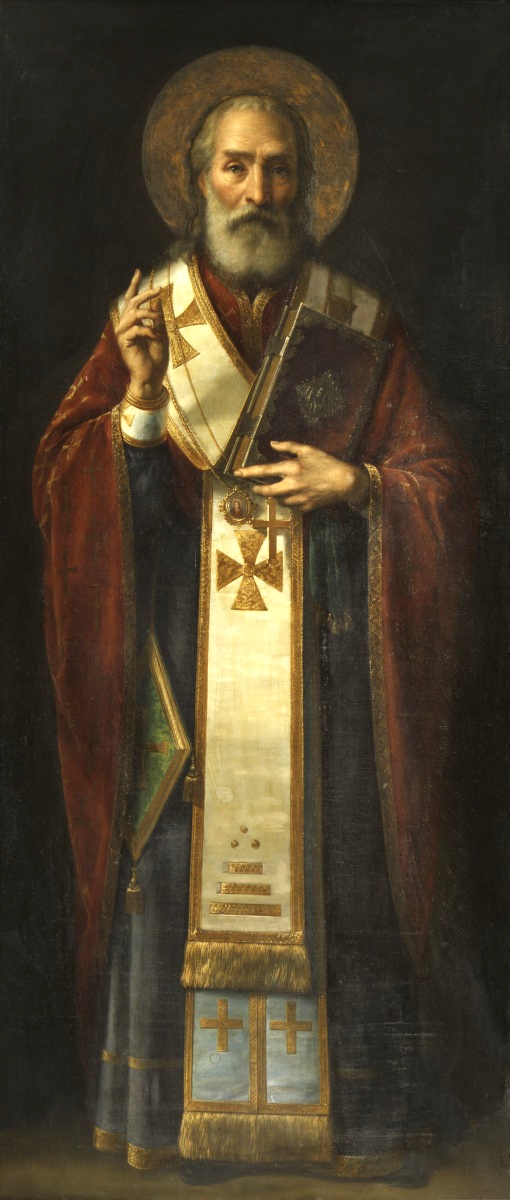
Why? I’m glad you asked! We start with with the basics: Saint Nicholas was the Bishop of Myra in the fourth century. He famously attended the Council of Nicaea – there is a story about him punching Arius, which though satisfying, was neither encouraged nor condoned. In fact, he was stripped the signs of his office and thrown into jail for the offense. It seems that divine intervention may have played a part in convincing Constantine and his brother bishops to restore him.
But the story of Saint Nicholas that most captures his character centers not around his ardent defense of the faith and its doctrine & dogma, but the charity which it inspired. The most famous story involves saving three children from a terrible fate. There are several versions of the story, but essentially a father of three girls was intending to sell them into prostitution, seeing no alternative that would save them from the poverty that afflicted the family. Saint Nicholas, apparently hearing about this, discreetly gave from his own wealth. Legend has it that he tossed in bags of gold through an open window, with them landing in the shoes that were placed to dry overnight in front of the fire.
From that simple act, not only were girls saved from a life of physical and spiritual impoverishment, but was borne a tradition of gift-giving that continues to this day. This also explains those tangerines or oranges on his feast day, representing the gold balls or coins that he gave away so generously.
I could go on and on (and so I have already!), but the point is this: we Christians have no reason to be afraid to affirm Santa Claus. If you’re struggling to find ways to celebrate the very real man behind it all, I would commend you to the wonderful St. Nicholas Center website. They’ve got a whole section on how to celebrate Saint Nicholas and the Christ to Whom he was devoted. Santa Claus is not a threat to Jesus or faith in Him – far from it! Armed with the truth of who he is, we can celebrate all the more richly the season of the Word incarnate and be inspired to to greater love of God and neighbor.
(also, if you’re looking for a bit of whimsy and fun, NORAD’s Santa Tracker is a delightful tradition, started entirely by happy accident. They have a dedicated website and apps for you & the children in your life to follow Santa Claus. It’s lovely.)
Is There a Santa Claus?
We take pleasure in answering at once and thus prominently the communication below, expressing at the same time our great gratification that its faithful author is numbered among the friends of THE SUN:
“DEAR EDITOR: I am 8 years old.
“Some of my little friends say there is no Santa Claus.
“Papa says ‘If you see it in THE SUN it’s so.’
“Please tell me the truth; is there a Santa Claus?
“Virginia O’Hanlon.
“115 WEST NINETY-FIFTH STREET.”VIRGINIA, your little friends are wrong. They have been affected by the skepticism of a skeptical age. They do not believe except they see. They think that nothing can be which is not comprehensible by their little minds. All minds, VIRGINIA, whether they be men’s or children’s, are little. In this great universe of ours man is a mere insect, an ant, in his intellect, as compared with the boundless world about him, as measured by the intelligence capable of grasping the whole of truth and knowledge.
Yes, VIRGINIA, there is a Santa Claus. He exists as certainly as love and generosity and devotion exist, and you know that they abound and give to your life its highest beautify and joy. Alas! how dreary would be the world if there was no Santa Claus. It would be as dreary as if there were no VIRGINIAS. There would be no childlike faith then, no poetry, no romance to make tolerable this existence. We should have no enjoyment, except in sense and sight. The eternal light with which childhood fills the world would be extinguished.
Not believe in Santa Claus! You might as well not believe in fairies! You might get your papa to hire men to watch in all the chimneys on Christmas Eve to catch Santa Claus, but even if they did not see Santa Claus coming down, what would that prove? Nobody sees Santa Claus, but that is no sign that there is no Santa Claus. The most real things in the world are those that neither children nor men can see. Did you ever see fairies dancing on the lawn? Of course not, but that’s no proof that they are not there. Nobody can conceive or imagine all the wonders there are unseen and unseeable in the world.
You may tear apart the baby’s rattle and see what makes the noise inside, but there is a veil covering the unseen world which not the strongest man, nor even the united strength of all the strongest men that ever lived, could tear apart. Only faith, fancy, poetry, love, romance, can push aside that curtain and view and picture the supernal beauty and glory beyond. Is it all real? Ah, VIRGINIA, in all this world there is nothing else real and abiding.
No Santa Claus! Thank GOD! he lives, and he lives forever. A thousand years from now, VIRGINIA, nay, ten times ten thousand years from now, he will continue to make glad the heart of childhood.
“Is There a Santa Claus?” September 21, 1897. The Sun (New York, NY), Image 6. Chronicling America: Historic American Newspapers.
